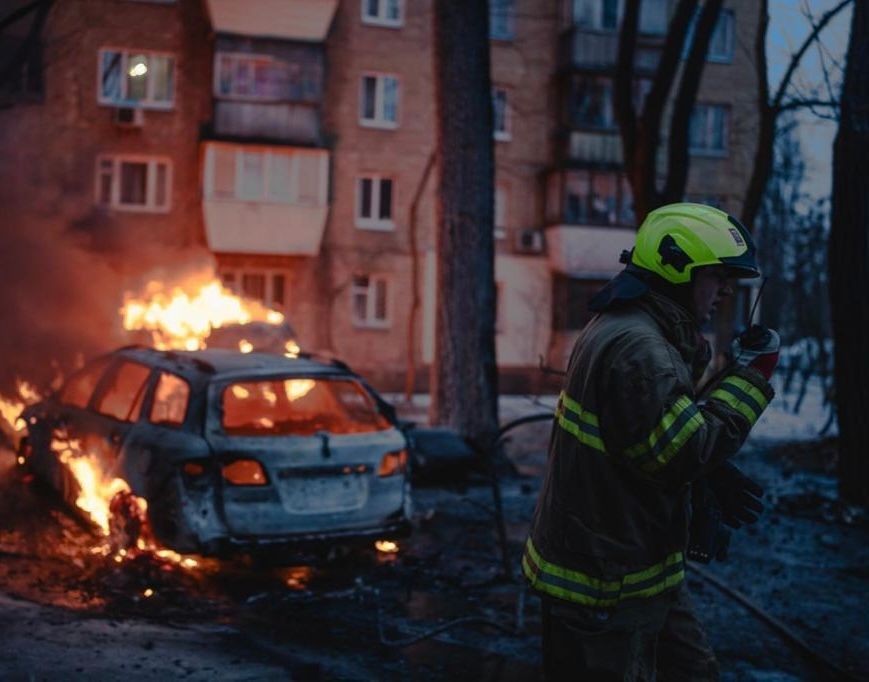PM Shmyhal: Ukraine ends 2nd month of winter with stable energy sector

As the second winter month comes to an end, the situation in Ukraine's energy sector remains stable, Prime Minister Denys Shmyhal said on Jan. 30, indicating that Russia's attacks have failed to disrupt the country's power grid.
"Last year, we lived in conditions of constant restrictions and blackouts. Today, there are no such measures implemented or planned in any region," Shmyhal said during a governmental meeting.
Russia launched mass attacks against Ukraine's energy infrastructure during the autumn and winter of 2022-2023, resulting in blackouts across the country amid freezing temperatures.
The current winter spelled yet another wave of massive strikes, but the resulting energy disruptions have not reached the scale of those in late 2022 and early 2023.
Vadym Skibitskyi, a representative of Ukraine's military intelligence (HUR), said on Jan. 15 that Russia's current winter campaign of missile strikes is predominantly targeting Ukraine's military-industrial complex, marking a change from the previous winter's attacks on energy infrastructure.
Despite the apparent shift in strategy, Russian attacks still regularly damage or destroy equipment and facilities associated with Ukraine's energy production and transmission.
Shmyhal noted that repair work on the damaged energy facilities is ongoing. He also said that no changes in electricity payments from the population are planned.
"Despite the constant attacks...especially in eastern Ukraine, there is light in our homes, and this is primarily the merit of our energy workers."
President Volodymyr Zelensky said in November 2023 that unlike during the previous winter, Ukraine now boasts a much more powerful sky shield, reinforced by advanced air defense systems from allies.
Weapon systems like Patriot, IRIS-T, SAMP-T, or HAWK play a crucial role in protecting Ukrainian cities and infrastructure from Russian drones and missiles.













